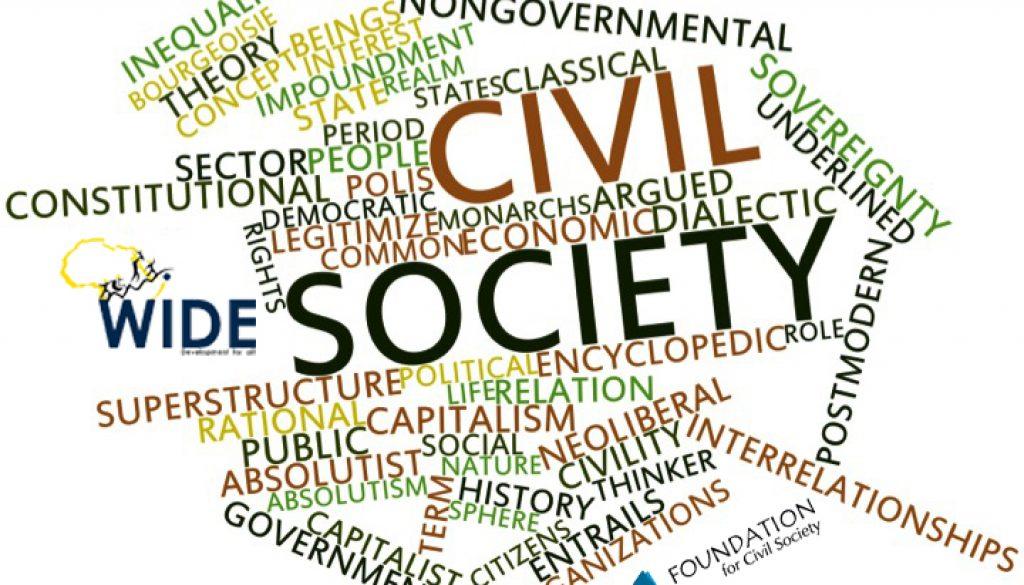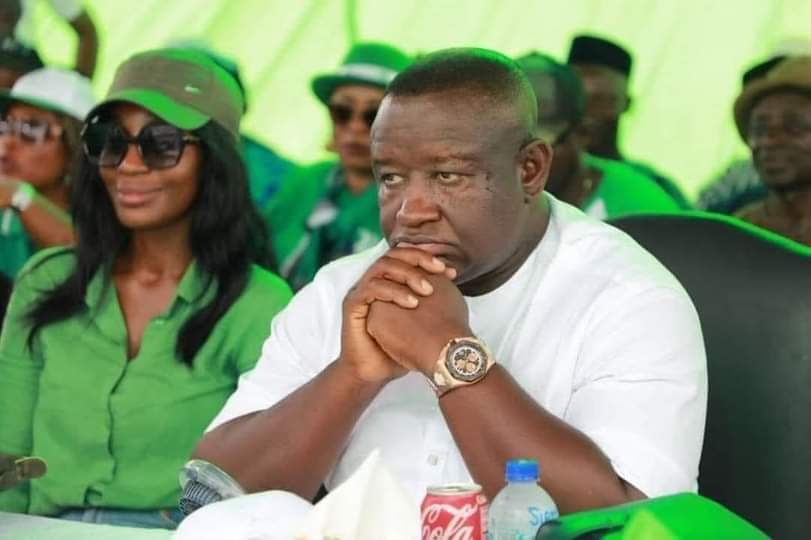By Hassan Osman Kargbo
Civil Society Organizations (CSOs) have long been regarded as vital players in any functioning democracy. They serve as watchdogs over government, amplify citizens’ voices, promote transparency, and ensure that those in power are held accountable. From advocating for social justice to defending human rights, CSOs are expected to set the bar high and push for positive change. In Sierra Leone, however, that role appears to be weakening, raising serious questions about the independence and integrity of some of the country’s civil society actors.
Traditionally, CSOs in Sierra Leone have played key roles in governance, policy advocacy, service delivery, and public education. They were often the first to raise concerns when governments derailed, and they provided platforms for marginalized voices. These organizations have helped citizens understand their rights and responsibilities, empowering communities to engage more actively with government institutions.
Yet today, there is growing public sentiment that many CSOs in Sierra Leone are no longer fulfilling this role with the same vigor. While the country faces mounting governance challenges—ranging from corruption and poor service delivery to human rights concerns—many civil society groups have remained silent or indifferent. Some critics argue that their silence is not due to a lack of capacity, but rather a deliberate choice to avoid confrontation with those in power.
It’s becoming increasingly evident that some CSO leaders are aligning themselves with political interests, rather than advocating for the public good. One prominent example is Moses Mambu, a once-respected civil society actor, who is now vying for the position of Public Relations Officer in the ruling Sierra Leone People’s Party (SLPP). While citizens have the right to participate in politics, this crossover raises serious concerns about conflict of interest and the erosion of impartial advocacy.
Mambu’s political ambition is not an isolated case. It reflects a broader trend where some CSO leaders appear more interested in securing personal advancement than holding public officials accountable. The implications are troubling. When civil society becomes compromised, citizens lose a critical ally in the fight for accountability and justice. Without a strong and independent civil society, there is no reliable buffer between the government and the people.
Another issue plaguing Sierra Leone’s civil society landscape is donor dependency. Many organizations rely heavily on foreign funding to operate, and in some cases, this has led to mission drift. Instead of addressing urgent local issues, some CSOs prioritize projects that align more with donor interests than with the realities on the ground. This detachment from grassroots concerns only deepens the disconnection between CSOs and the communities they claim to represent.
Moreover, the lack of effective coordination among CSOs undermines their collective impact. Rather than working together to advocate for systemic change, many operate in silos, duplicating efforts and competing for limited resources. This fragmentation weakens their influence and allows government actors to operate without meaningful scrutiny.
Sierra Leone is at a critical juncture. The country continues to face economic instability, youth unemployment, healthcare challenges, and governance issues. In such a context, civil society should be playing a more visible and proactive role. Instead, many are retreating from the frontlines, leaving a vacuum that threatens democratic accountability.
To regain public trust, civil society in Sierra Leone must reflect on its core values and recommit to its watchdog role. This includes reasserting independence, promoting transparency within their own structures, and building stronger coalitions to amplify their advocacy. They must be willing to speak truth to power—even when it is uncomfortable or unpopular.
The public also has a role to play. Citizens should demand more from CSOs, holding them accountable just as they would elected officials. Media, academia, and religious institutions can help by spotlighting civil society performance and promoting informed civic engagement.
Ultimately, a vibrant and independent civil society is not just a pillar of democracy—it is a safeguard for the future. If Sierra Leone’s CSOs are to reclaim their credibility and effectiveness, they must rise above political temptation and recommit to serving the people, not themselves.










